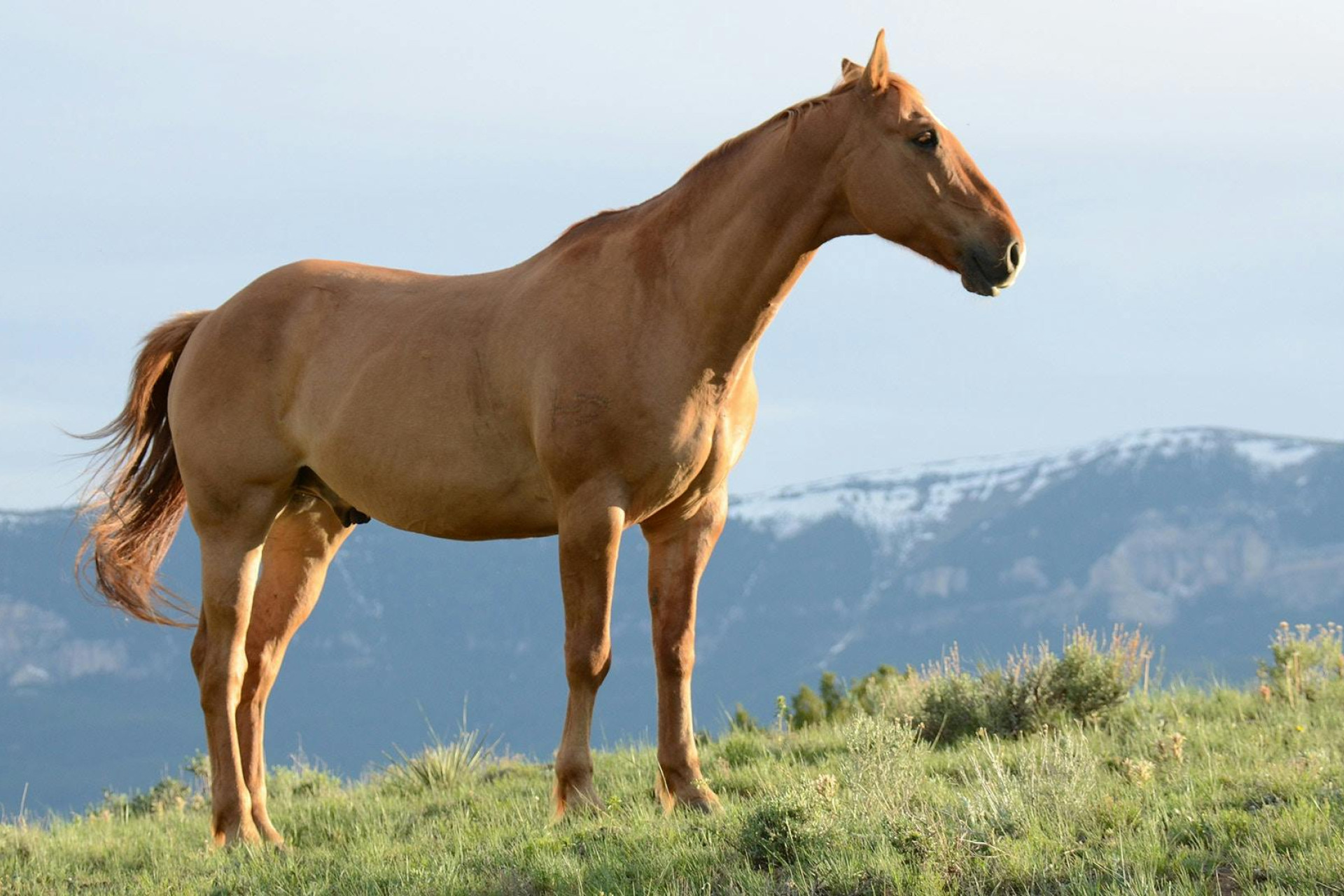Rural
20 July, 2025
A stirrup in biosecurity as Hendra virus is confirmed in SEQ
Biosecurity Queensland is currently managing the state’s first case of Hendra virus since 2022 after an unvaccinated horse in southeast Queensland tested positive on July 4, 2025.

Unfortunately, the horse died on the property following a rapid decline in its condition. Acting Chief Veterinary Officer Dr Fiona Thompson said the department is working closely with the horse owner to contain the risk on-site. Tracing and exposure assessments have been carried out for other horses and animals on the property. Queensland Health is also involved, contacting people who may have had contact with the infected horse to manage any potential health risks.
Dr Thompson emphasized that vaccination remains the most effective way to manage Hendra virus disease. She noted that the deceased horse had not been vaccinated, and reminded horse owners and those who work with horses that infection can occur at any time of the year. Good biosecurity and personal hygiene practices are essential, even if a horse has been vaccinated. If a horse shows signs of illness, owners are urged to contact their veterinarian immediately.
Queensland Chief Health Officer Dr Heidi Carroll said Queensland Health is supporting the public health response and has reached out to all known contacts of the infected horse. While transmission of Hendra virus from horses to people is rare, past cases show that most people exposed do not contract the infection. There is currently no vaccine available for humans.
Because a horse may be infectious before showing signs of illness, it is important to maintain good hygiene when interacting with any horse. This includes regularly washing hands with soap and water after touching horses, especially before eating, smoking, or touching your face. Covering wounds with waterproof dressings, wearing personal protective equipment when contact with horse body fluids is likely, and washing skin thoroughly if it comes into contact with horse fluids or manure are also recommended.
Hendra virus is transmitted from flying foxes to horses, and can spread from horse to horse, from horse to dogs, and from horse to humans, primarily through contact with infectious body fluids or contaminated equipment. Horses are believed to become infected by contact with material contaminated by flying fox body fluids.
For more information, visit the Queensland Government’s website on Hendra virus.

